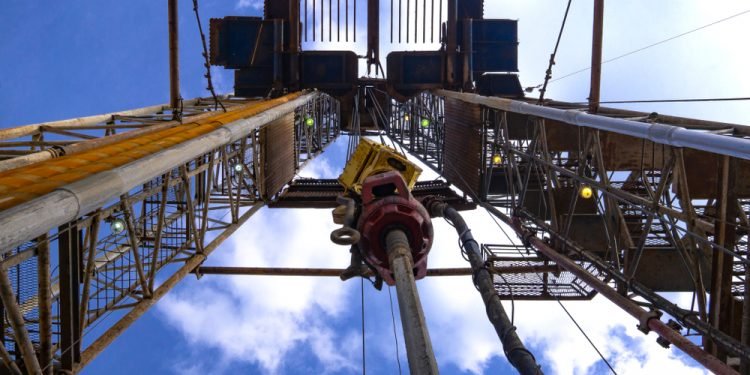Brussels (Brussels Morning) Looking to pivot away from fossil fuels and turn to greener sources of long-term resource exploitation income, Norway is making plans for deep-sea mining of copper, zinc and other valuable metals, Reuters reported on Tuesday.
One of the richest countries in the world per capita, Norway for long based its wealth on the extensive oil and gas reserves found under its seabed. However, the increasingly environmentally friendly country where all-electric cars now outsell both petrol and hybrid cars, is focusing on a greener future for its economy.
Mining could start in 2023
According to the country’s Oil and Energy Ministry, Norway could start licensing companies for deep-sea mining as early as 2023. The plans are based on the past three years of surveys, which found deep-sea deposits of copper, zinc, cobalt, gold and silver – rare metals key to the production of vehicle batteries, wind turbines and solar farms.
Researchers from the Norwegian University of Science and Technology (NTNU) have estimated that there could be up to 22.7 million tonnes of zinc and 21.7 million tonnes of copper on the Norwegian continental shelf. In the latter case, that exceeds the world’s total copper production in 2019. However, mean estimates are far lower, at about a third of both figures.
Lithium sources found
The exploratory expeditions have also identified high concentrations of lithium – crucial in battery production – and scandium, which is used in electronics and alloys. Both metals were found in manganese crusts growing on bedrock.
All that holds back the start of deep-sea mining are environmental concerns. To address and allay such concerns, Norway is starting preparations for an impact study of the environmental risks posed by exploiting previously untouched seabeds far from shore.




